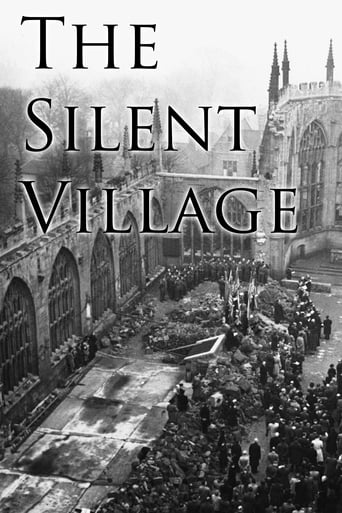
17 Jun 1943

The Silent Village
The true story of the massacre of a small Czech village by the Nazis is retold as if it happened in Wales.
It was women who closed the gates and launched the Solidarity strike when, on a Saturday in August 1980, workers, satisfied with a raise, stopped their protest and wanted to leave the Gdansk shipyard. If it had not been for the initiative of several determined women, perhaps there would not have been any August 1980 in Polish history. Under martial law, with the men in prisons, the women took on their role. They were not interested neither in joining the union’s power structure, nor in particular posts. The most important thing was their work and its results. When communism in Poland came to an end on June 4, 1989, the vast majority of women in Solidarity disappeared from the political stage. They let themselves be forgotten when their colleagues were taking over the most important posts in power in a free Poland. This documentary by Marta Dzido and Piotr Śliwowski reminds us about these forgotten heroines, giving us a new perspective on the last 30 years of Polish history.

17 Jun 1943

The true story of the massacre of a small Czech village by the Nazis is retold as if it happened in Wales.
29 Jul 2011
On 12 March 1999 Polish Minister of Foreign Affairs, Prof. Bronisław Geremek, handed to the United States Secretary of State, Madeleine Albright, the act of Poland’s accession to NATO. In such a way, Poland became a member of NATO. The efforts made by Polish politicians and diplomats of various political stands date back to the beginning of the 90s – the collapse of the Warsaw Pact structure and the time of Lech Wałęsa’s presidency. Accession to NATO was the main objective of Polish diplomacy.
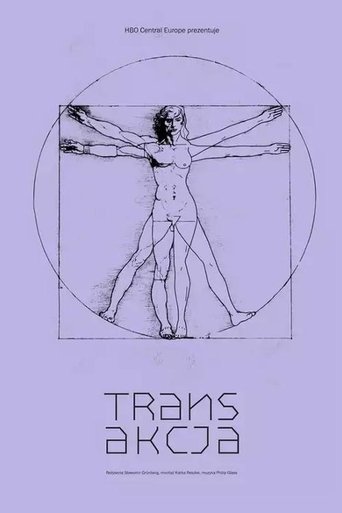
01 Jan 2010

Trans-Action tells the story of an extraordinary woman. Anna Grodzka who in 2011 became the first transgender person in the Polish government, and the third transgender member of government in world history, was born in the male body and decided to finally begin her life as a woman only in her 50s. The film documents the most important chapters in this intimate process of transformation. We observe Anna in her daily activities in Warsaw, we witness her intimate conversations with her son and closest friends.
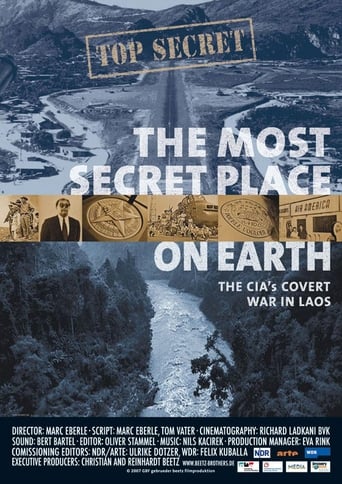
06 Oct 2009

After 30 years of conspiracy theories and myth making, this film uncovers the story of the CIA's most extensive clandestine operation in the history of modern warfare: The Secret War in Laos, which was conducted alongside the Vietnam War from 1964 -1973. While the world's attention was caught by the conflict in Vietnam, the CIA built the busiest military airport in the world in neighboring and neutral Laos and recruited humanitarian aid personnel, Special Forces agents and civilian pilots to undertake what would become the most effective operation of counterinsurgency warfare. As the conflict in Vietnam grew, the objective in Laos changed from a cost effective low-key involvement to save the country from becoming communist into an all-out air war to cut the Ho Chi Minh Trail and bomb Laos back into the Stone Age that it had never really left in the first place. Conventional bombs equivalent to the destructive power of 20 Hiroshima-type weapons fell on Laos each year - 2 million tons
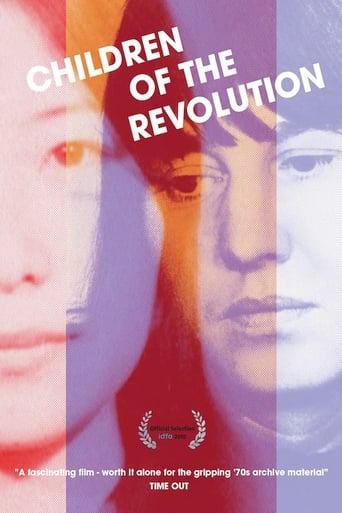
25 Aug 2011

Inspired by the student revolutions of 1968, two women in Germany and Japan set out to plot world revolution as leaders of the Baader Meinhof Group and the Japanese Red Army. What were they fighting for and what have we learned?
04 Apr 2009
Documentary about the murder of Vincent Chin in 1982 and the aftermath. The documentary also explores the modern Asian-American identity when so few Asian-American youths are aware of who Vincent Chin is.
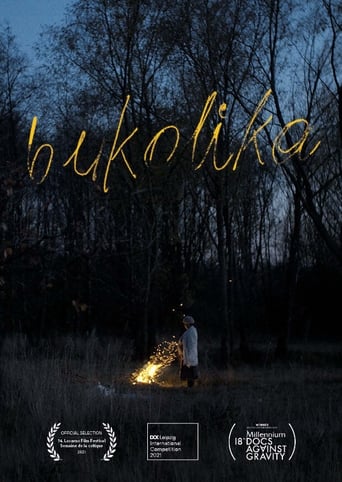
09 Aug 2021

Danusia and her daughter Basia live far away from the modern world, in tune with the rhythm and laws of nature, among animals and the spirits of the dead. The peace and sense of security offered by their enclave come at a price - the women increasingly long for contact with other people. Bucolic is an affectionate observation of people who live in a different way. It evokes a curiosity about their world and a desire to take a closer look.
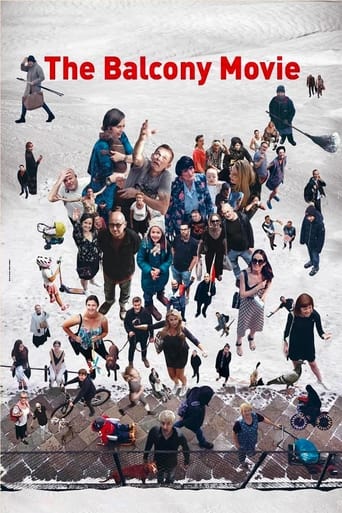
07 Aug 2021

Composed from the conversations that the director holds with people passing by in the street under his Warsaw apartment, each story in 'The Balcony Movie' is unique and deals with the way we try to cope with life as individuals. All together, they create a self-portrait of contemporary human life, and the passers-by present a composite picture of today's world.

01 Oct 2017

The whole family is helping with preparations for Danuta and Maciej’s golden wedding anniversary party. Danuta knows exactly what she wants and delegates her wishes to those around her. Her German niece Alexandra, the maker of this film, has travelled to Warsaw to take part. Barely has she sat down at the kitchen table when a heated discussion ensues. Be it abortion or migration, it soon dawns on Alexandra that her view of the world could not be more different from that of her right-wing conservative relatives in Poland. Alone in her ‘liberal’ view Alexandra is mocked as a victim of western propaganda… Filmmaker Alexandra Wesolowski uses a family gathering as an opportunity to portray her own family and allows us intimate insight into Polish society and the populist national-conservative Europe of today.
26 Jun 1950
No overview found
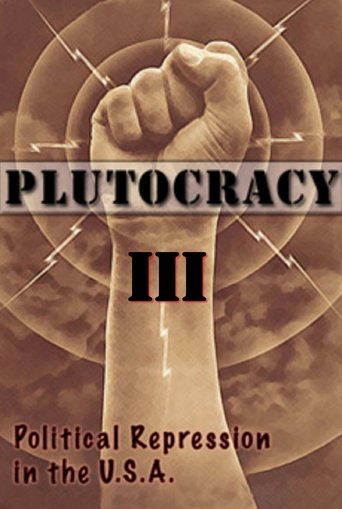
15 Jun 2017

The early struggles of the working class are placed under a microscope in Plutocracy III: Class War, the latest chapter in an exceptionally well produced series which explores the origins of America's growing economic divide.

08 Sep 2017

This revealing portrait of Cuba follows the lives of Fidel Castro and three Cuban families affected by his policies over the last four decades.
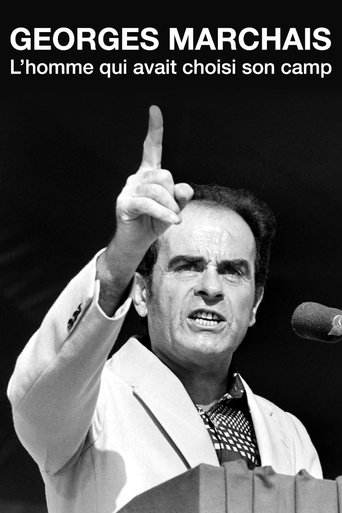
08 Dec 2022

Both a political narrative and a psychological reflection, this documentary explores the personal journey of a quarry worker’s son from Calvados who rose to become the last great figure of the French Communist Party. It delves into the logic that shaped his path and his lasting impact on France’s history.
17 Mar 2025
Red Storm Rising” looks at the rise and fall of the American Communist Party, examining its political context, its leadership, its appeal to the American public, and why it never became mainstream.

10 Dec 2019

Deng Xiaoping's economic and political opening in China. Margaret Thatcher's extreme economic measures in the United Kingdom. Ayatollah Khomeini's Islamic Revolution in Iran. Pope John Paul II's visit to Poland. Saddam Hussein's rise to power in Iraq. The Soviet invasion of Afghanistan. The nuclear accident at the Harrisburg power plant and the birth of ecological activism. The year 1979, the beginning of the future.

31 Dec 1986

Short biographical documentary about the life of Alfred Florstedt and his life as a progressive communist from the Weimar Republic to his death in 1985.

24 Jul 2014

Australian filmmaker Sophia Turkiewicz investigates why her Polish mother abandoned her and uncovers the truth behind her mother's wartime escape from a Siberian gulag, leaving Sophia to confront her own capacity for forgiveness.
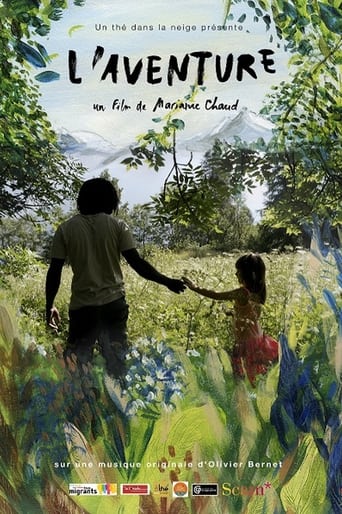
24 Jan 2021

In the Briançonnais mountains, in France, men and women on the roads of exile find the courage to cross the passes on foot, risking their lives. Arrived at the end of a long journey, exhausted, they do not know if they could settle down somewhere to start their life over. It is this transitional time that "The Adventure" tells. Ossoul, the Sudanese poet, Mamadou, survivor of an icy night at the Col de l'Échelle, Charlotte, Mother Courage and others are gradually getting back on their feet and settling to embark on a new life. Filmed over three years, "L'Aventure" is a story of resilience, friendships and revealed emotions. The portraits are drawn and deepened until everyone can recognize themselves in the other, put themselves in their place and understand them.

11 Feb 2008

The free, almost naive view from the perspective of a child puts the "68ers" in a new, illuminating light in the anniversary year 2008. The film is a provocative reckoning with the ideological upbringing that seemed so progressive and yet was suffocated by the children's desire to finally grow up. With an ironic eye and a feuilletonistic style, author Richard David Precht and Cologne documentary film director André Schäfer trace a childhood in the West German provinces - and place the major events of those years in completely different, smaller and very private contexts.
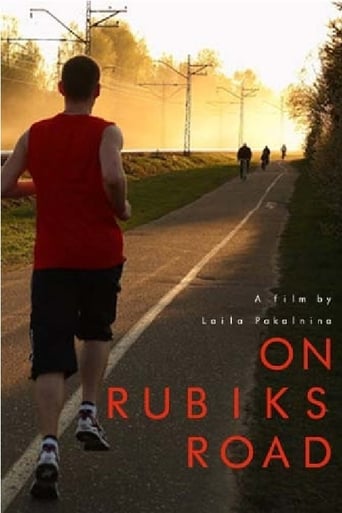
05 Apr 2010

Rubiks’ Road is a bicycle path built in the 1980s and named after Alfreds Rubiks, leader of the Latvian Communist party at the time. One of the most ferocious opposers to Latvia’s independence in the early 1990s and later elected to the European Parliament.